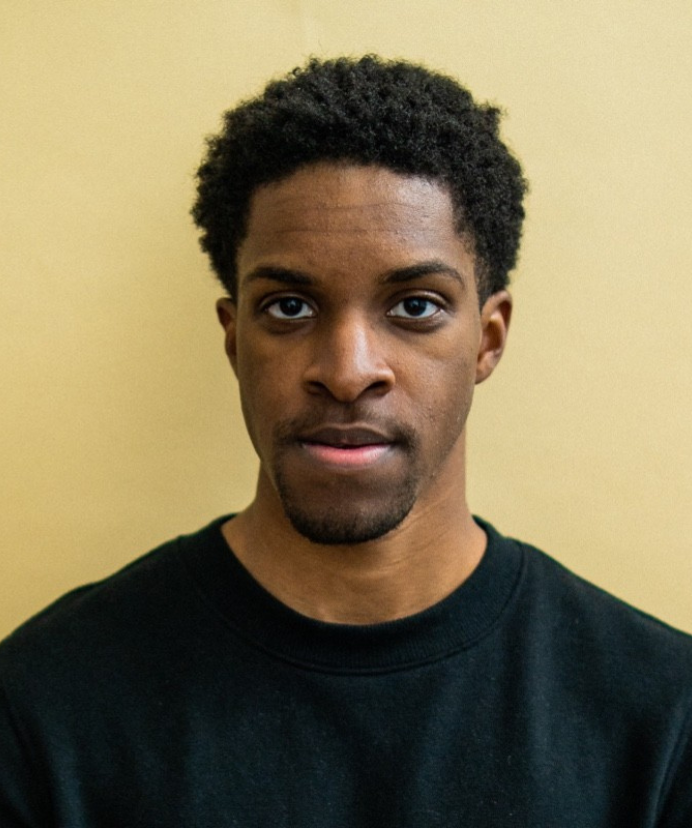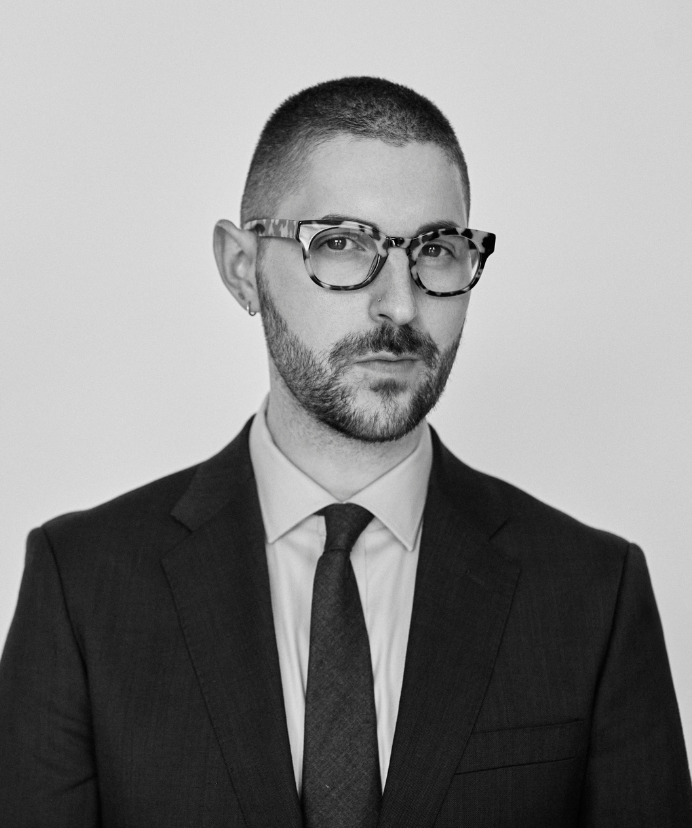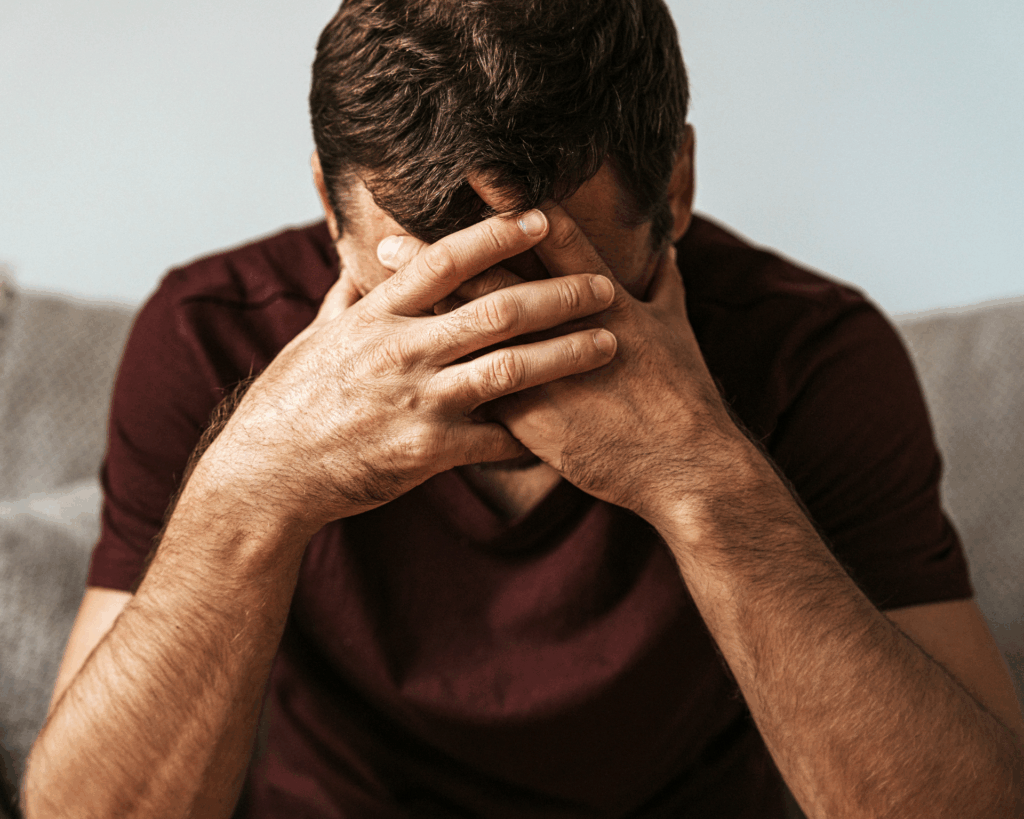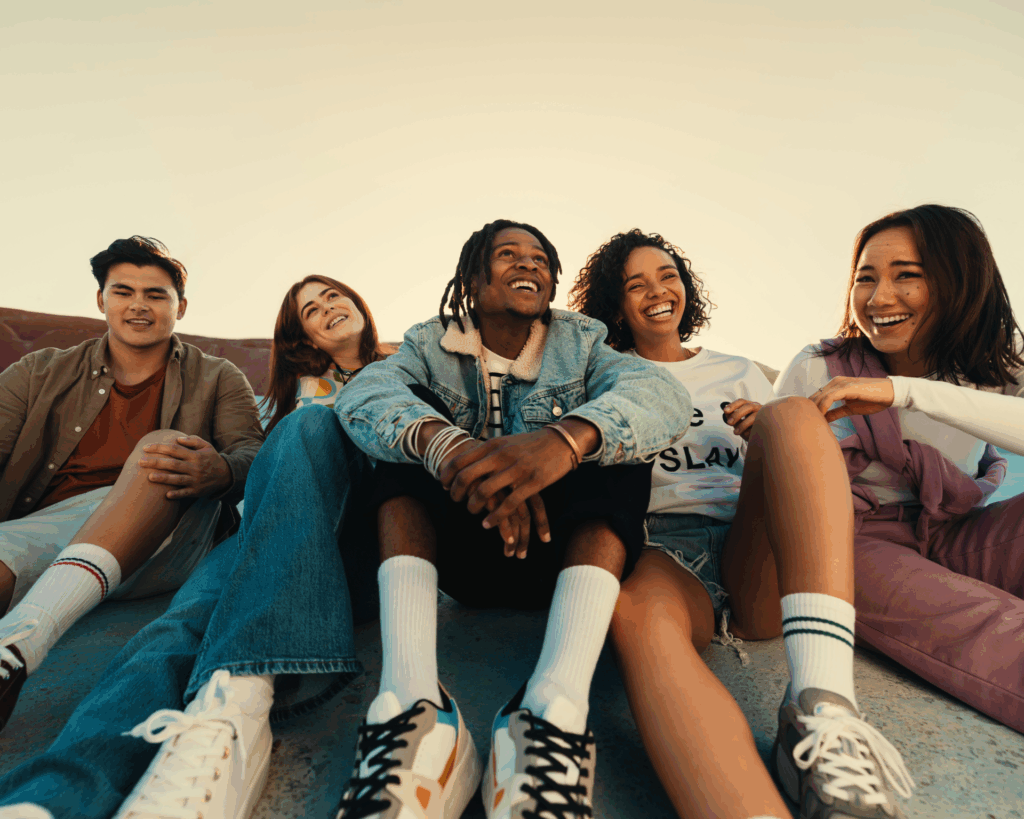Sarah Lowe
Sarah Lowe of the Yale School of Medicine reflects on the state-of-the-science about mental health in a time of crisis and how Covid-19 changed her work.
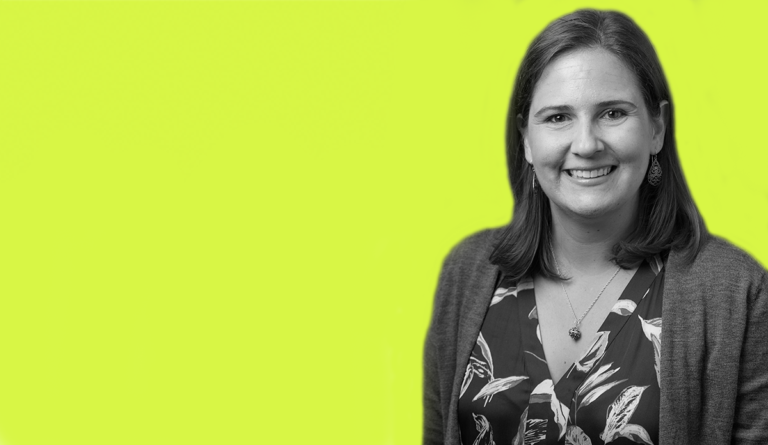
Read Time: 3 minutes
Published:
Sarah Lowe is a licensed clinical psychologist and assistant professor in the Department of Social and Behavioral Sciences at Yale School of Public Health. Her research focuses on the long-term mental health consequences of potentially traumatic events, as well as the impact of such events on other domains of functioning, such as physical health, social relationships, and economic wellbeing. While the pandemic’s physical consequences have captured much of our attention, the mental health effects of social distancing are shifting into focus. PHP Fellow Edward Alexander profiles Lowe to reflect on the state-of-the-science about mental health in a time of crisis and how COVID-19 changed her work.
Public Health Post: What was your focus of work before the Covid-19 pandemic?
Sarah Lowe: My research has focused on the long-term mental health consequences of traumatic life events, with a particular focus on mass trauma–potentially life-threatening events that affect not just individuals, but entire communities. My colleagues and I have conducted studies with low-income African-American mothers who faced Hurricane Katrina, overweight and obese adults exposed to Hurricanes Irma and Maria in Puerto Rico, clean-up workers after the Deepwater Horizon oil spill, and a representative sample of New York City residents in areas severely affected by Hurricane Sandy. We have looked at relationships between risk and protective factors and mental health outcomes both over time, from prior to the trauma exposure to years thereafter, and in context, taking into account how community resources and exposures shape psychological responses.
How has this pandemic changed your work and the way you think about public health?
The Covid-19 pandemic has much in common with prior mass trauma I have studied–it has generated fear and anxiety, led to mass causalities, and is having grave economic impacts. Yet, it differs from prior mass trauma in its protracted duration and geographic scope. These two characteristics combined have shaped my experience of the pandemic and, very likely, its effect on my work.
First, it feels like a disaster unfolding in slow motion and, as such, I am able to observe the findings of our prior research unfolding before me. For example, the increased vulnerability of exposure and impacts among the socioeconomically disadvantaged and the importance of adaptive coping strategies to manage emotional responses. Its vast geographic scope means that the pandemic is inherently personal. Unlike in the prior mass trauma I have studied, I myself am affected by the pandemic, as are my loved ones and communities of which I am apart. This has given me a new framework for considering the myriad risk and protective factors that shape mental health in times of crisis.
What is a lesson learned during the response to Covid-19 that will inform your future work?
One key lesson is the importance of social connection in promoting mental health. Stay-at-home orders have required physical distancing, yet I am seeing people find solace in their connections with others–their loved ones, acquaintances, colleagues, neighbors, and even complete strangers from around the world–through both traditional and novel means. I think this will motivate me to delve more deeply into various ways people give and receive social support during mass trauma and the social contributors to psychological resilience.
Editor’s note: This is part one in a series of Profiles exploring the coronavirus pandemic with thought leaders in public health. You can read parts two, three, four, five, six, seven, and eight here.
Photo courtesy of Sarah Lowe
